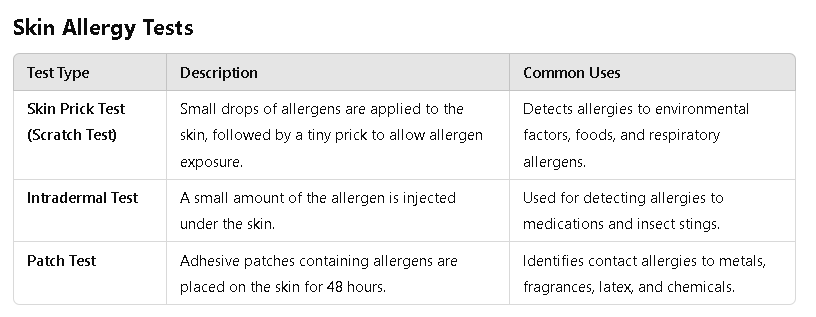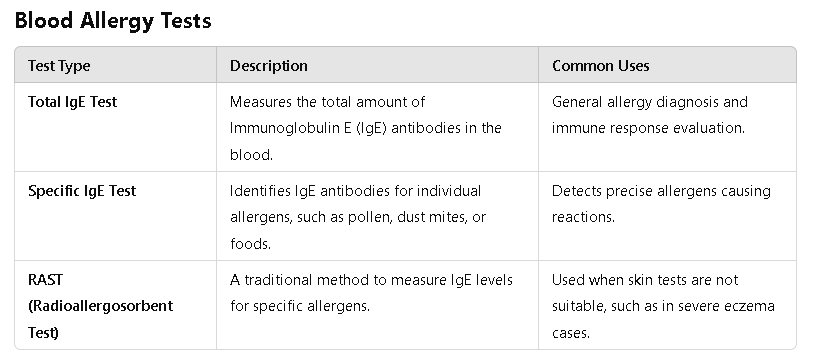- 10250 SW 56th St, Suite C101, Miami, FL 33165
- Mon-Tue-Thu-Fri 08:00 AM — 4:00 PM Wednesday 10:00 AM - 4:00 PM
Lorem ipsum dolor sit amet, consectet eiusmod tempor incididunt ut labore e rem ipsum dolor sit amet. sum dolor sit amet, consectet eiusmod.
Visiting Hours
| Mon - Fri: | 8:00 am - 8:00 pm |
| Saturday: | 9:00 am - 6:00 pm |
| Sunday: | 9:00 am - 6:00 pm |
Gallery Posts










